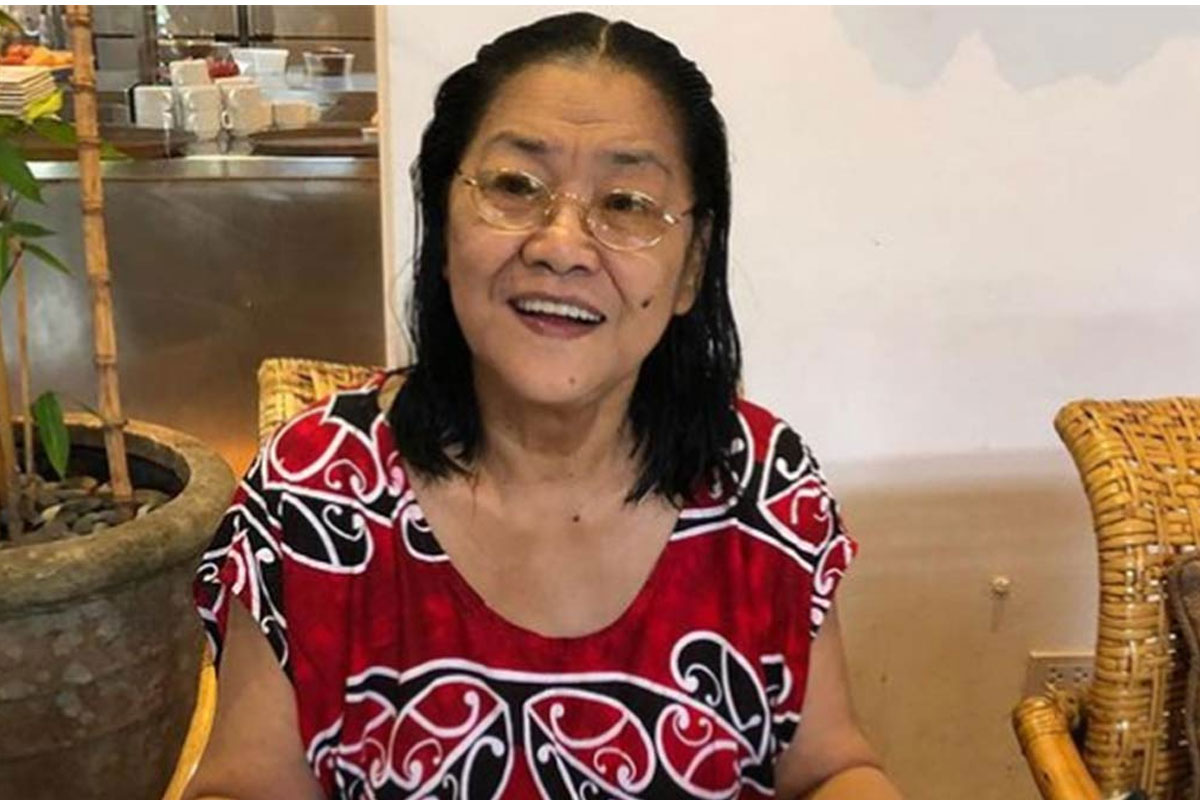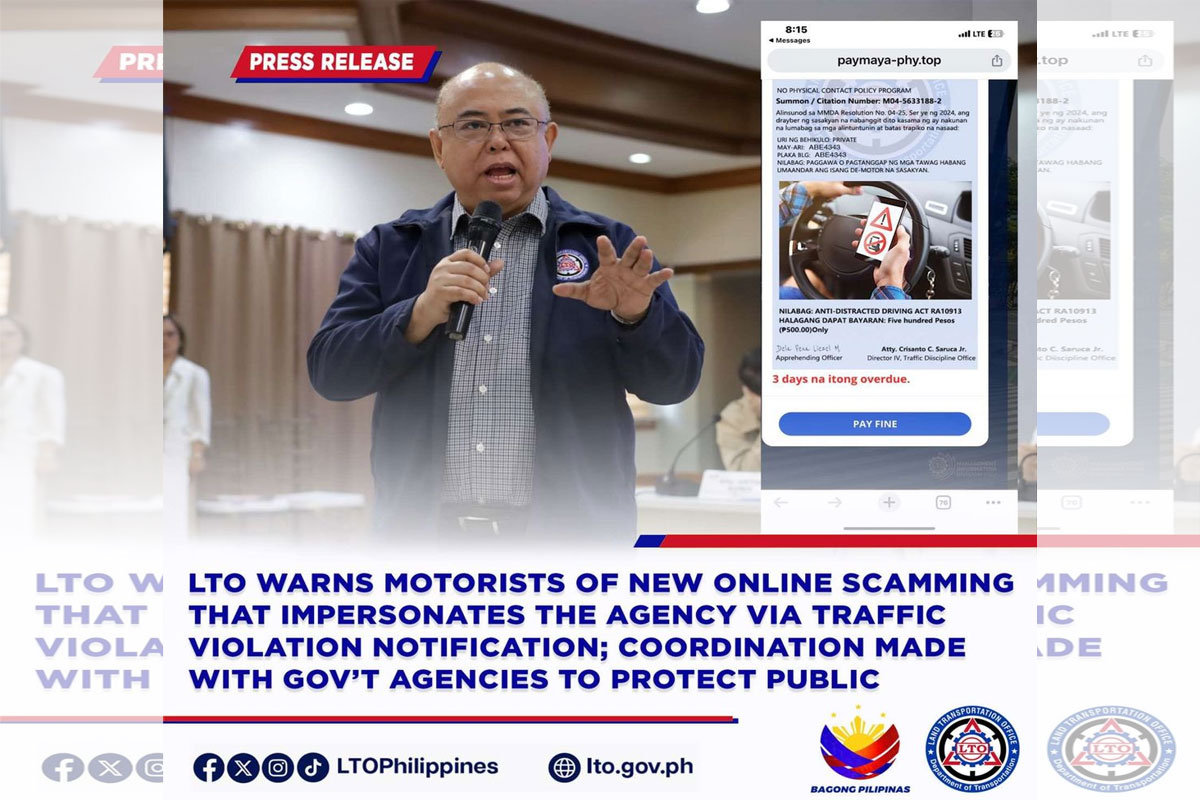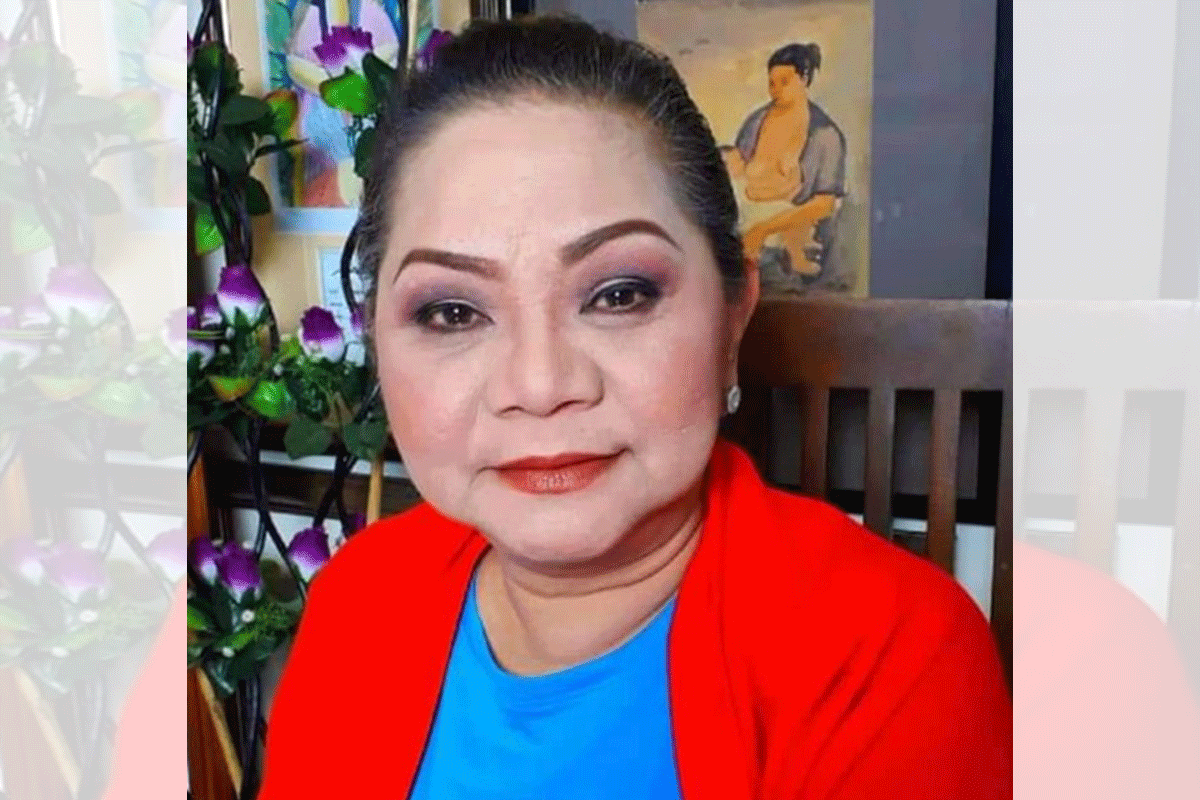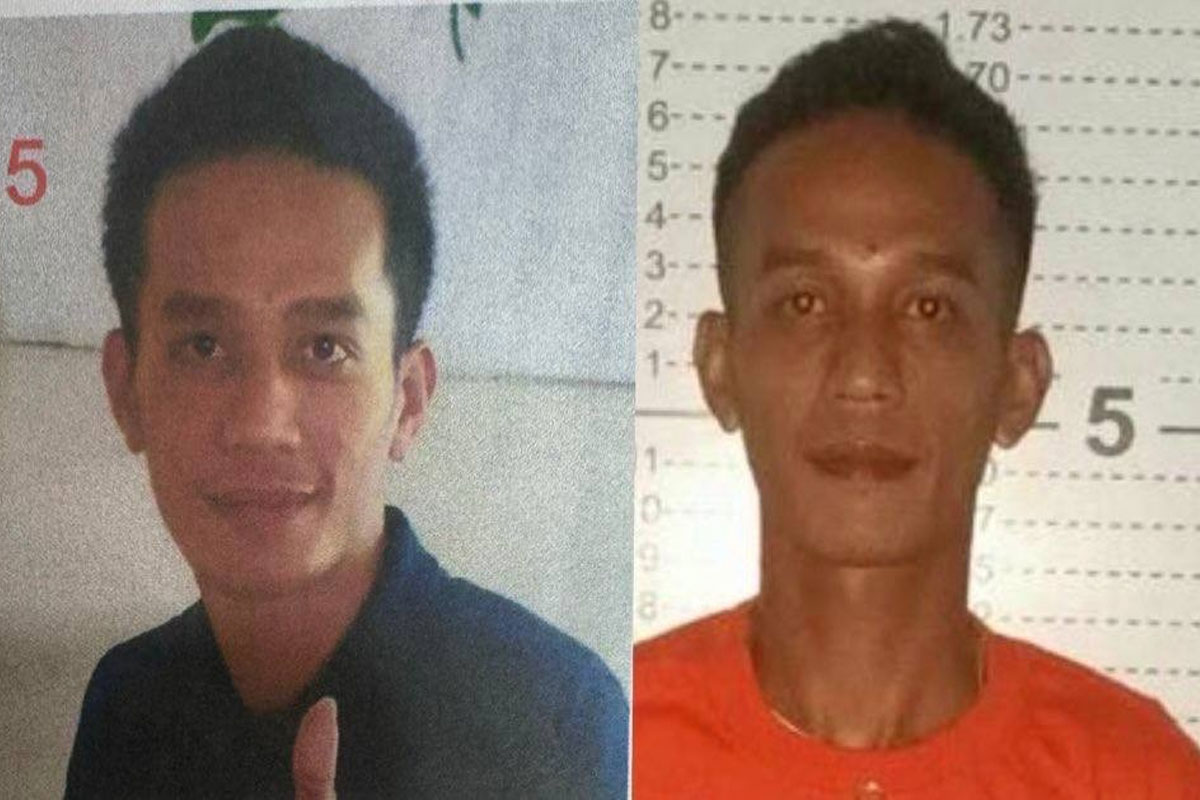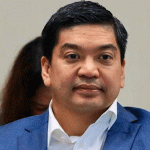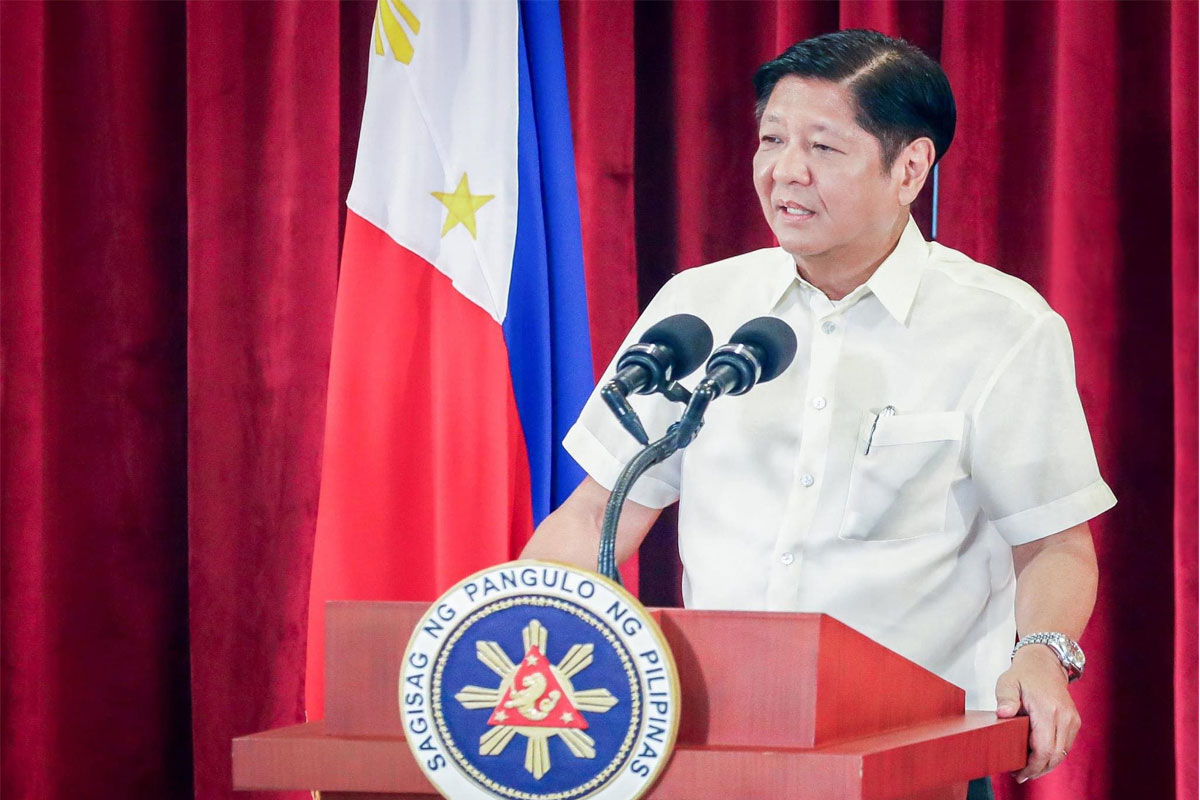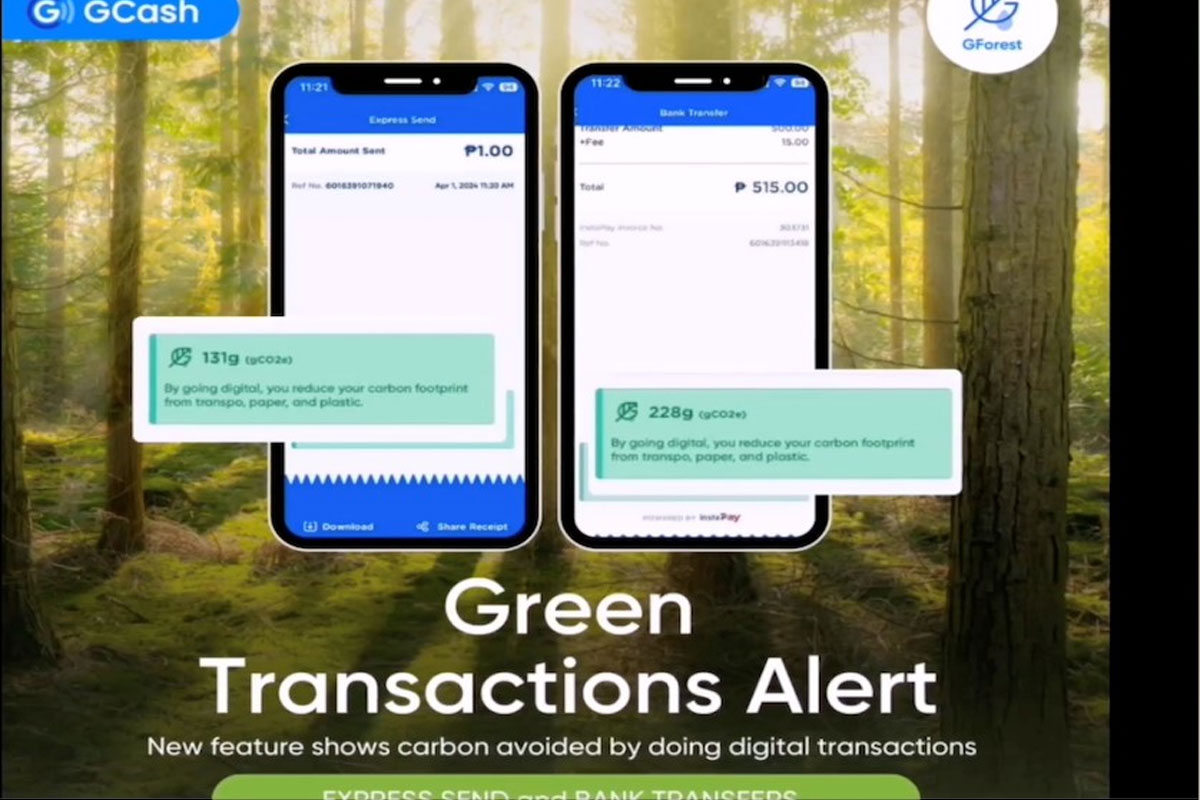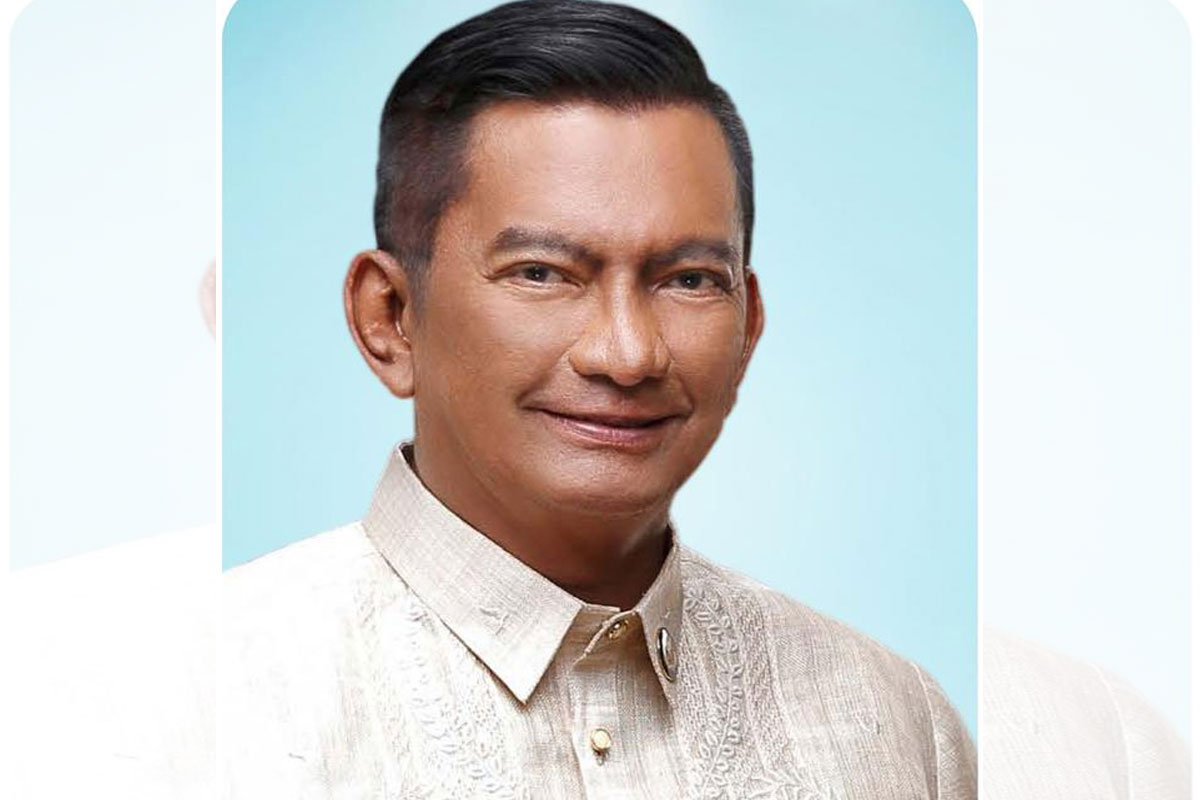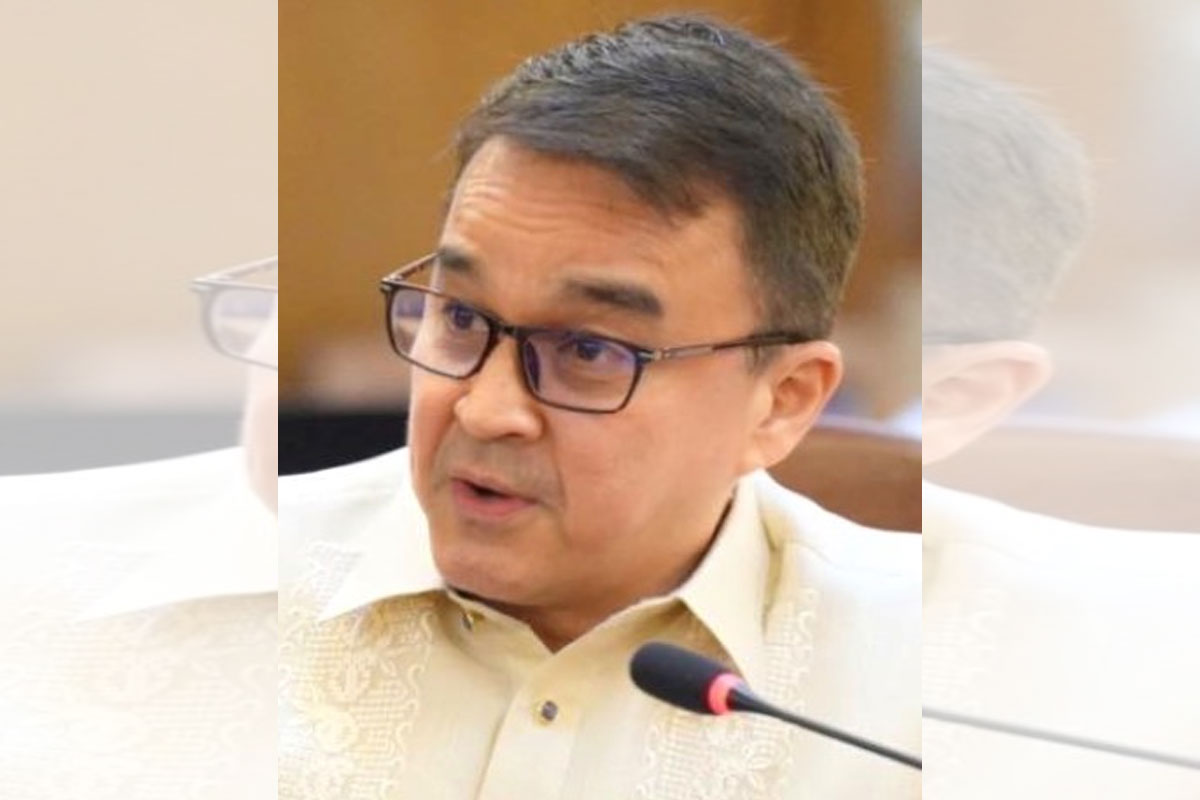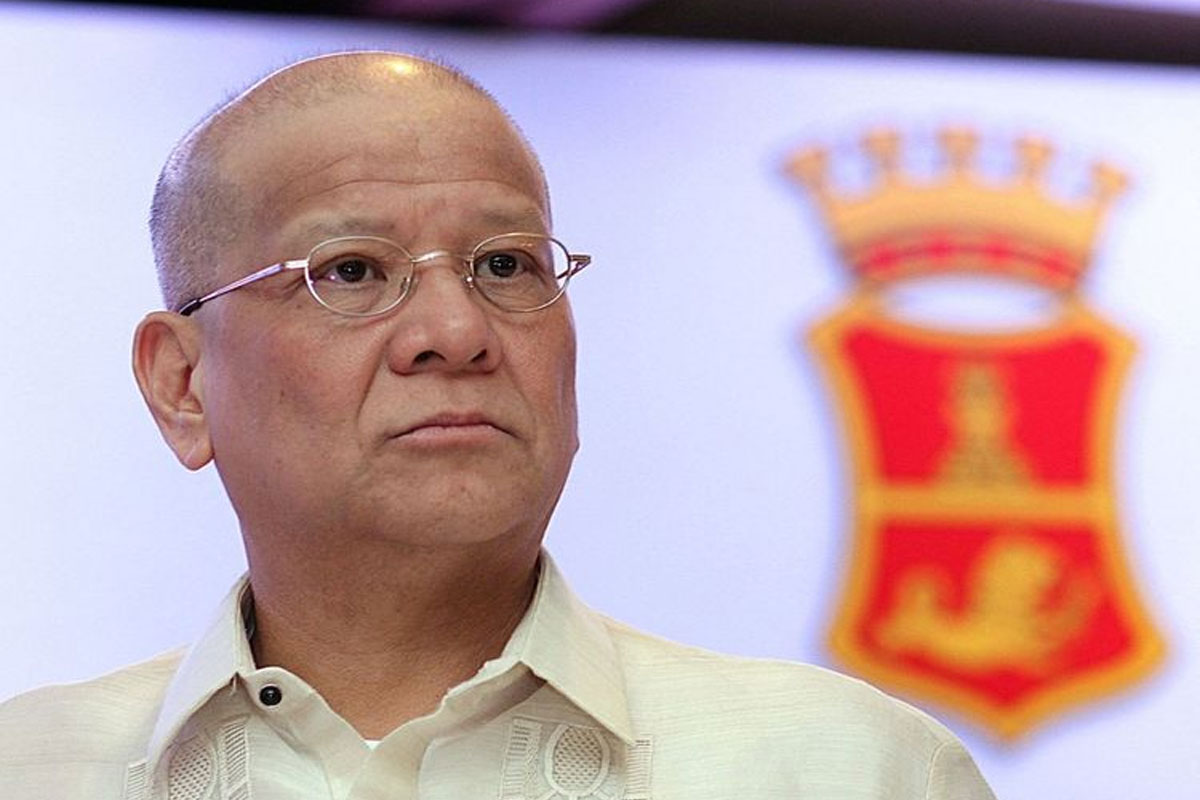
Villafuerte proposes ‘Bangko Sa Baryo’ in unbanked remote communities
CAMARINES Sur Rep. LRay Villafuerte has reiterated his call for the swift congressional approval of his measure that aims to provide financial services in the Philippines’ unbanked communities in order to transform the country’s payments landscape and prepare rural areas for the inevitable shift to a digital economy.
Villafuerte said his proposal as outlined in the House of Representatives-approved “Bangko Sa Baryo” bill, will complement a fresh effort by the Bangko Sentral ng Pilipinas (BSP) to explore offline electronic payment solutions in off-grid communities to accelerate the country’s digital transition.
While the chances of having the “Bangko sa Baryo” bill passed before Christmas is nil, given that its counterpart measure remains pending in the Senate, Villafuerte expressed the hope that it would be approved by the Congress early next year.
The Congress is set to adjourn on December 18 for its traditional Christmas holiday break and resume its session on January 17, 2022.
‘Expanding the reach of banks through the ‘Bangko sa Baryo’ bill, which will allow cash agents to offer basic financial services in farflung communities, will accelerate the country’s digital shift and help realize President Duterte’s goal of financial inclusion,” Villafuerte said.
Villafuerte issued the call following BSP Governor Benjamin Diokno’s statement that about 20.1 percent of monthly retail payments volume in the Philippines are already in digital form as of end-2020.
The CamSur lawmaker also cited a World Bank statement that pointed out the need for the Philippines to limit its economic scarring by capitalizing on growth opportunities, which include accelerating digitalization.
“Bangko sa Baryo will not only offer financial services to our unbanked citizens, but will likewise transform our payments landscape, encouraging people in rural and farflung areas to take advantage of the convenience and ease of digital payments to explore income opportunities,” Villafuerte said.
According to a recent Social Weather Stations (SWS) survey, about 89 percent of Filipinos believe that the benefits of digital technology, such as strong cell phone signals, fast e-banking, and social media can greatly help create jobs and businesses.
House Bill (HB) 6924 or the ‘Bangko sa Baryo’ bill was approved by the House on third and final reading in August last year.
A counterpart measure has been filed by Sen. Grace Poe Llamanzares that remains pending in the Senate.
Under HB 6924, cash agents such as reputable convenience stores, pharmacies and other retail outlets may file an application with a contracting bank if it meets the following requirements: it is a duly-registered business in the Philippines; has engaged in commercial activity for at least three months; has conducted commercial activities continuously in a place and area that is known to the public; has sufficient capacity to properly operate electronic devices; and has the necessary infrastructure to undertake banking operations.
The contracting bank will be responsible for deploying to their cash agents the devices that will enable customers to perform secure online, real-time deposit and withdrawal transactions on their own bank accounts, fund transfers, bills payment, and self-service transactions, the bill states.
Villafuerte said the ‘Bangko Sa Baryo’ bill completes the troika of initiatives he has proposed to accelerate the Philippines’ digital switch and enable it to thrive beyond the pandemic.
The other two digitalization initiatives are Villafuerte’s e-governance measure (HB 1248) and digital education bill (HB 7189).
Villafuerte, who has championed the country’s digital switch even before the pandemic struck last year, said the use of technology-driven tools will provide the country with new opportunities for growth and make it inclusive, especially for millions of Filipinos in the countryside.
His e-governance measure seeks to develop, promote and interlink electronic government services and processes in all government agencies and state-run corporations.
The “Outside Class Learning and Digital Education Act,” meanwhile, recognizes the need to develop the Philippines’ basic education curriculum in order to fully integrate learning beyond the confines of the classroom, such as distance learning and other alternative modes of education.
Consolidated under HB 6927, the e-governance bill was also approved by the House last year but is also pending in the Senate, while HB 7189 has remained in the House committee on basic education and culture.



